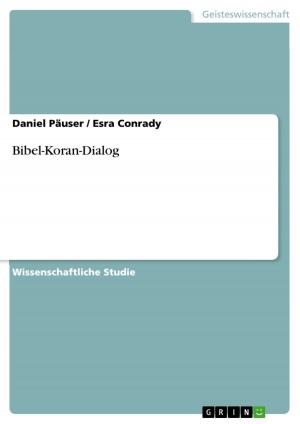'The Art of Losing' - Relecting Elisabeth Bishop
Relecting Elisabeth Bishop
Nonfiction, Entertainment, Drama, Anthologies| Author: | Enik? Herczeg | ISBN: | 9783638011518 |
| Publisher: | GRIN Verlag | Publication: | February 26, 2008 |
| Imprint: | GRIN Verlag | Language: | English |
| Author: | Enik? Herczeg |
| ISBN: | 9783638011518 |
| Publisher: | GRIN Verlag |
| Publication: | February 26, 2008 |
| Imprint: | GRIN Verlag |
| Language: | English |
Essay from the year 2007 in the subject American Studies - Literature, grade: 1, University of Debrecen (English and American Studies), language: English, abstract: Elisabeth Bishop is definitely the master of survival. Although she does not rebel violently against the untruthfulness of the world, she projects onto the reader a good example of how to survive seemingly unbearable tragedies in life, should they be the loss of parents or a lover, or even a lost door key. It is no wonder that the poet's work is rediscovered in recent years. For the question why would even all of her drafts be reprinted in 2006, the poet and critic Meghan O'Rourke answers brilliantly in his article entitled: Casual Perfection: Why Did the Publication of Elizabeth Bishop's Drafts Cause Uproar?. The answer, I think, has to do with the mystery at the core of Bishop's work: the way her poetry evokes powerful, intimate feelings without devolving into mere self-revelation. Bishop chose a path of aesthetic discretion at a time when many of her peers were pursuing, to great acclaim, confessional self-disclosure. [...] Bishop wrote at a time when academic studiousness was one vogue (Allen Tate, Randall Jarrell) and self-revelation another (Robert Lowell, Anne Sexton). Following neither, she carved out an original niche, a poetics of subtle observation.
Essay from the year 2007 in the subject American Studies - Literature, grade: 1, University of Debrecen (English and American Studies), language: English, abstract: Elisabeth Bishop is definitely the master of survival. Although she does not rebel violently against the untruthfulness of the world, she projects onto the reader a good example of how to survive seemingly unbearable tragedies in life, should they be the loss of parents or a lover, or even a lost door key. It is no wonder that the poet's work is rediscovered in recent years. For the question why would even all of her drafts be reprinted in 2006, the poet and critic Meghan O'Rourke answers brilliantly in his article entitled: Casual Perfection: Why Did the Publication of Elizabeth Bishop's Drafts Cause Uproar?. The answer, I think, has to do with the mystery at the core of Bishop's work: the way her poetry evokes powerful, intimate feelings without devolving into mere self-revelation. Bishop chose a path of aesthetic discretion at a time when many of her peers were pursuing, to great acclaim, confessional self-disclosure. [...] Bishop wrote at a time when academic studiousness was one vogue (Allen Tate, Randall Jarrell) and self-revelation another (Robert Lowell, Anne Sexton). Following neither, she carved out an original niche, a poetics of subtle observation.















